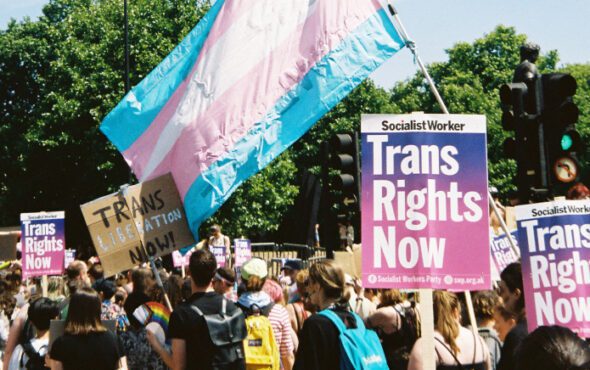
The US Court of Appeals for the Fourth Circuit has become the country’s first appellate court to rule that gender dysphoria is a protected disability.
In an opinion issued on 16 August, the court wrote: “Being transgender is not a disability and affirms that a transgender’s person medical needs are just as deserving of treatment and protection as anyone else’s.”
The three-judge panel determined that there was “no legitimate reason why Congress would intend to exclude” those experiencing gender dysphoria from the protections offered by the Americans with Disabilities Act (ADA).
They noted that the text of the ADA is outdated as it does not “define the term ‘gender identity disorders’ and does not mention gender dysphoria at all”.
They therefore concluded that “gender dysphoria constitutes a ‘gender identity disorder’ excluded from ADA protections”.
The case is now set to go back to District Court Judge Claude M. Hilton of the Eastern District of Virginia, who previously issued a ruling that the lawsuit could not proceed.
LGBTQ+ charity Stonewall says ‘gender dysphoria’ is a term used “to describe when a person experiences discomfort or distress because there is a mismatch between their sex assigned at birth and their gender identity.”
It adds that it “is also the clinical diagnosis for someone who doesn’t feel comfortable with the sex they were assigned at birth.”
The ruling comes after Kesha Williams, a transgender women who was incarcerated in Virginia’s Fairfax County Adult Detention Center, sued the facility for housing her with men.
She was also unable to get a bra or regular hormone treatment.
“We are excited to get back into court to vindicate Kesha’s rights,” Josh Erlich, Williams’s attorney, told the Washington Post. “Critically, this holding applies to any individual seeking accommodations for gender dysphoria, including in employment, public accommodations, and in any other context in which the ADA provides disability protections.”
Her case reached the Court of Appeals as the ADA specifically excluded “gender identity disorders not resulting from physical impairments” when it was passed in 1990, resulting in a federal judge ruling that this meant she could not sue under the law – something the appeals court disagreed with.



